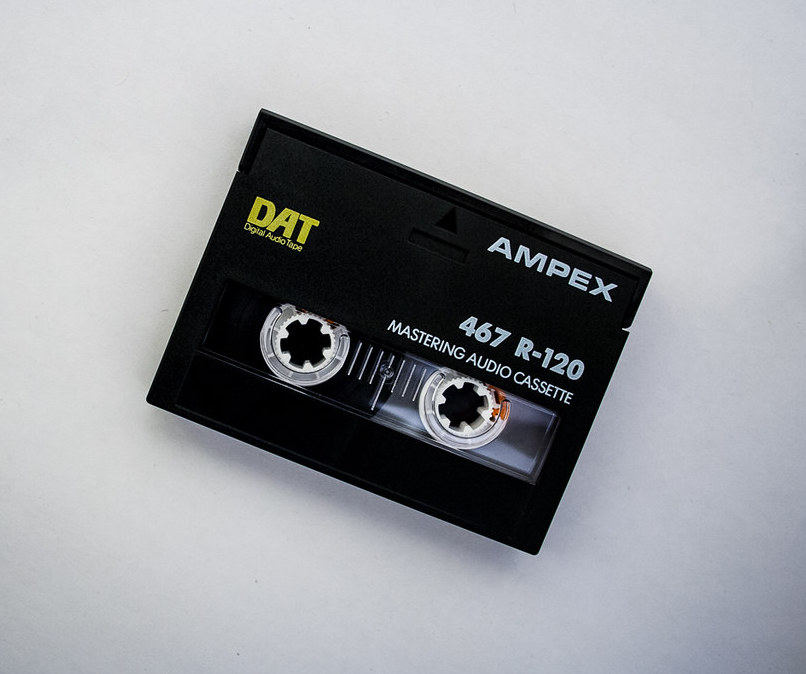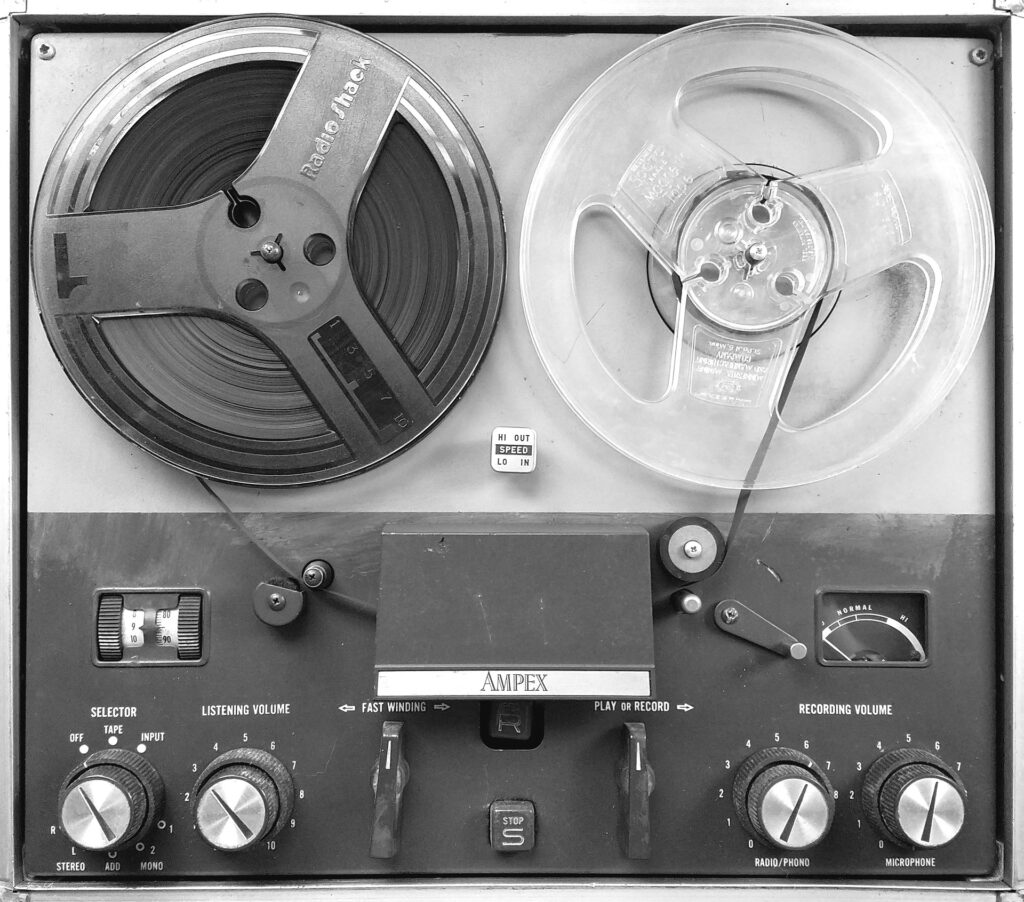The Northeastern University Archives and Special Collections is fortunate to have the records of the Boston Gay Men’s Chorus (BGMC), founded in 1982. BGMC is a 200-voice community ensemble that sings popular and classical music and works to “inspire change, build community, and celebrate difference.”
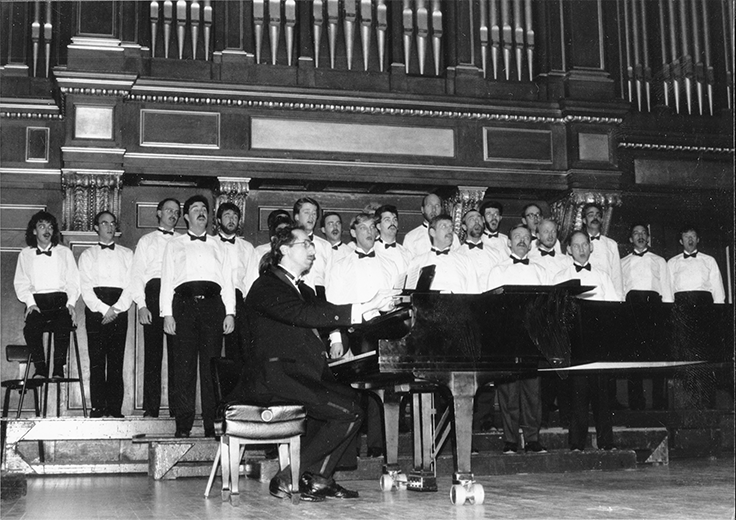
Some chorus recordings are already available in Northeastern’s Digital Repository Service (DRS) but there are many more in the Archives that haven’t been digitized yet. Recently, members of BGMC working on a documentary requested the digitization of recordings on 1/4″ reel-to-reel tape and Digital Audio Tape (DAT) from the 1980s and 1990s. These recordings included holiday performances, Pride concerts, and a collaboration with the Connecticut Gay Men’s Chorus.
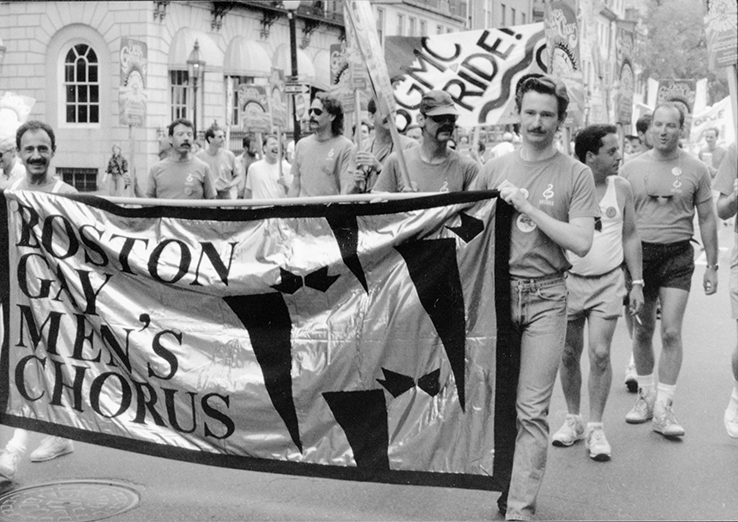
https://repository.library.northeastern.edu/files/neu:m041vr24m
We’re always happy to help make the collections accessible, but the digitization of older audiovisual formats presents challenges. DAT cassettes were released in 1987 and used throughout the 1990s. They encode digital information onto magnetic media and allow for high quality recordings. However, Sony stopped producing DAT cassette decks in 2005 and few people know how to maintain the equipment needed to digitize them. In addition, use of an out-of-repair machine might damage the tape. You can read more about the preservation issues with DAT in archival collections here and here. Luckily, we were able to work with National Boston to digitize these DATs with no issues.
The reel-to-reel or open reel format using magnetic tapes was popular from the 1940s through the 1980s. We also sent our reel-to-reel tapes to National Boston but due to the age and condition of the materials, an extra step was required. Many of the tapes had sticky shed syndrome. This preservation issue is common and affects magnetic media. The tape has three layers: the magnetic portion which contains the information; the base layer; and the binding agent. Sticky shed syndrome causes the binder to degrade, leading the tape to shed bits of itself while being played. Since this causes irreversible loss of information, tapes with sticky shed should be baked before playback. This involves putting them in an oven at a low heat to rebind the layers. You can read more about baking tapes at the Library of Congress here.
Luckily, these gorgeous vocal performances are now preserved in our repository and available here. Thanks to my colleagues in the Archives, especially Molly Brown, and to my colleagues in Digital Metadata, especially Anna Ryerson, for their work coordinating the request and cataloging the recordings.
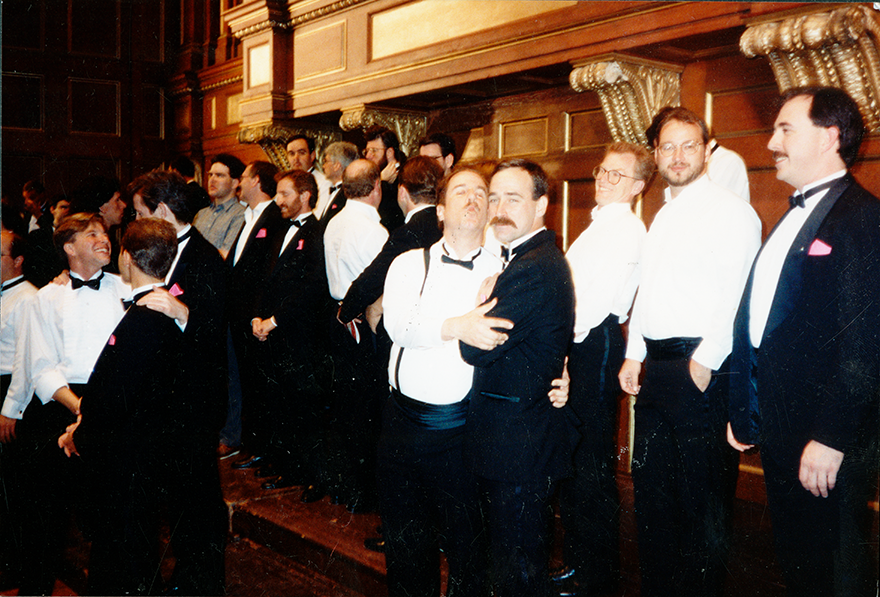
https://repository.library.northeastern.edu/files/neu:m041vq97x
